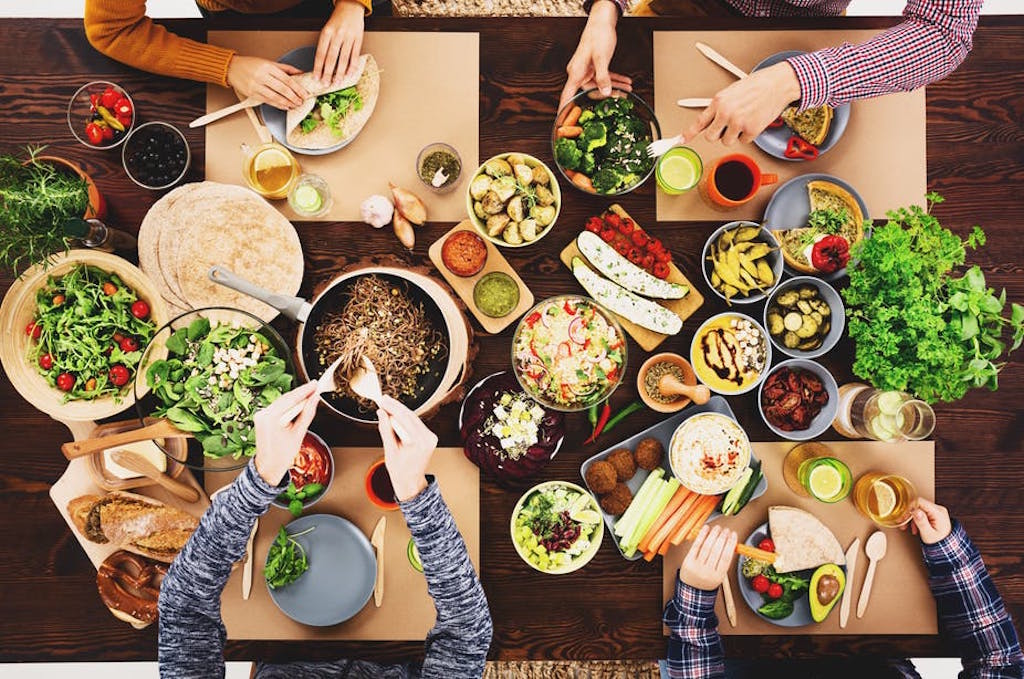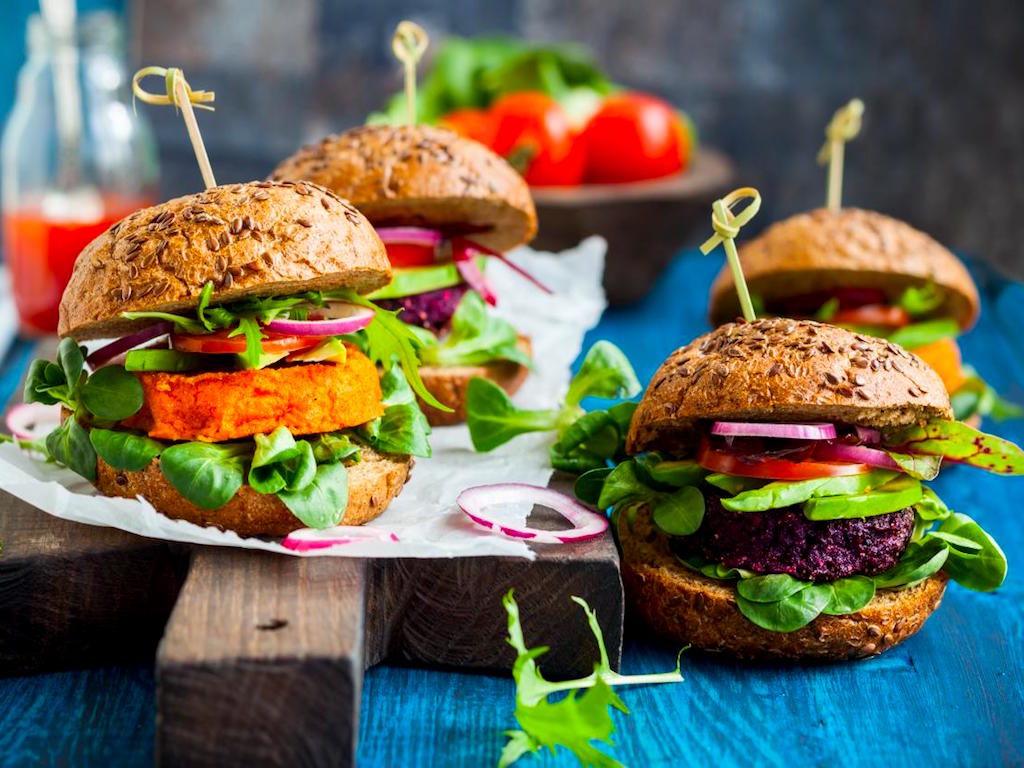4 Mins Read
While the concept of being a part-time vegetarian has been around for decades, the idea of dabbling in the 100% plant-based diet and vegan lifestyle is becoming more widespread than ever before. Dubbed by some as the “vegan-ish” trend, we are now seeing more everyday consumers, especially the eco-conscious younger generation, as well as high-profile celebrities adopt plant-based eating and vegan habits for a portion of the time – but stopping short of full-time commitment to veganism. So, how did this trend come about?
Similar to the concept of being a flexitarian, which doesn’t bind those who practice it to a stringent plant-based diet and instead encourages adopting several meat-free or dairy-free days in a week, being vegan-ish refers to following veganism – just sometimes. While some have shunned it as the latest trend to come and go, it appears as though the part-time vegan is well becoming a permanent fixture across the world.
It’s likely that you’ll have noticed multiple family members and friends around you choose to “try” veganism for a month or pledge to stick to meat and dairy-free for several days of the week, thanks to the growing popularity of a number of vegan campaigns. This new decade, for instance, kicked off with Veganuary, which attracted over 400,000 participants this year, almost doubling the figure in 2019.

Social media has been flooded with celebrity endorsements of being vegan-ish too, most famously by idolised pop and R&B singer Beyonce and her rapper husband Jay-Z who followed a vegan diet for 22 days as a part of their so-called “spiritual and physical cleanse”. While the Golden Globes decided to present a 100% vegan 3-course menu, the Academy of Motion Pictures took a more part-time vegan approach by offering 70% plant-based dishes alongside salmon, wagyu beef and caviar at the Oscars afterparty. The Grammys took a similar vegan-ish approach, with attendees choosing between a “Mötley Crüe-inspired Dr. FeelGood superfood platter” and a 64-ounce steak.
But the concept of “kind of” ditching meat and dairy isn’t new, and had always lingered around in the background for decades. Since the mid-1990s, the idea of being a part-time vegetarian became increasingly popular, and really started to take off in the 2000s when Stella, Mary and Paul McCartney decided to launch Meat-Free Mondays. Although the McCartneys managed to attract hundreds of thousands of followers around the world who would eat vegetarian every Monday, the campaign didn’t exactly manage to rebrand plant-based food as “cool”.
Then as 2010s rolled around, startups began their innovative work to create “meat” that looked and tasted just like the real deal, but was made entirely from plant ingredients. With their biomimicking technology, we saw the rise in popularity of plant-based meat iterations created by pioneering brands such as Beyond Meat and Impossible Foods. Backed by the growing awareness amongst consumers about the detrimental environmental impact of animal agriculture, and not to mention the scientific evidence showcasing the adverse health effects of meat consumption, eating vegan no longer became associated with only animal welfare and ethical concerns.

The two Silicon Valley companies arguably changed the landscape of the plant-based movement, and the word “plant” quickly became very much vogue. From the largest fast food chains such as Burger King, Triple O’s and McDonalds, to independent restaurants all over the world, vegan beef patties became widely rolled out across thousands of locations, catering to pure vegans, but also the enlarging demographic of consumers who want to occasionally indulge in a cruelty-free, low-carbon meal. According to the Good Food Institute (GFI), the total value of the plant-based food market now stands at a whopping US$4.5 billion.
In general, the rising vegan-ish trend will be a positive for the planet. While of course, cutting out meat and dairy from our diets would be the most impactful individual choice, the popular preference to go part-time vegan, especially if adopted en masse, would significantly drive down the demand for a global industry that is unsustainable, offer a boost to our health, and bring about the motivation to change the world for the better.
Looking for more vegan news? Follow the latest in the plant-based world on Green Queen here.
Lead image courtesy of Vegan Society.




